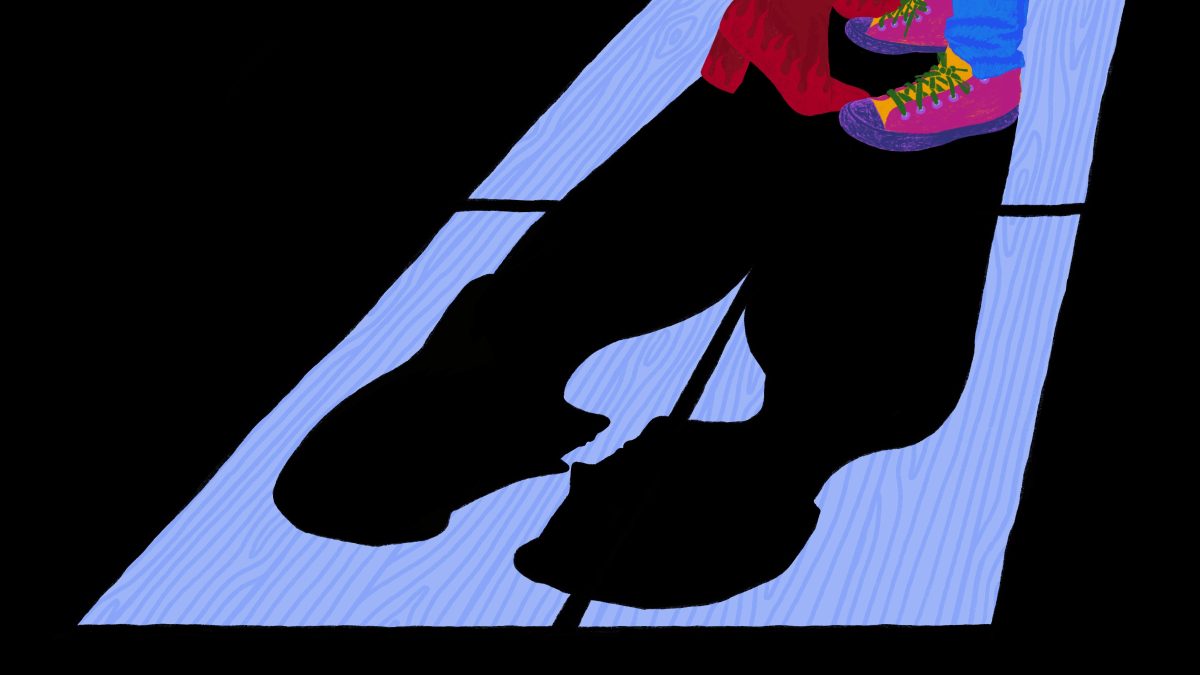wIndin!—the exhilarating game of kinship, chance & economic redistribution
Neither of you knew that your night together would smash everything.

Neither of you knew that your night together would smash everything.
—Bob Dylan
She’s tuning her guitar so she first recognizes you by sound, not sight.
“Ready for your lesson, Melody?” you ask; she can’t hide her shock when she looks up. “Sorry for surprising you. I’m Sam.”
Your placid expression tells her you don’t know who she is. It’s been five years and a lot has changed, but not your voice like bath salt that scrapes as it smooths.
“I was lost in thought,” she says. “Nice to meet you, Sam.”
When the two of you first met, Craiglist casual encounters still existed and she only started to dress. Her name wasn’t Melody yet, and the name you used wasn’t Sam.
You ask her how long she’s been playing and she replies, “A few years,” without saying that you inspired her to start.
You go through a warmup together, thumb plucking notes as the fingers of your left hand go up frets.
She makes mistakes because your nimble fingers distract her, your platform bed right behind you, your chest hair showing up and through and under your thin white shirt. She glances at the corner of her screen and recognizes the Hummingbird hanging on your wall.
“Dylan used that guitar,” you told her when she noticed it five years ago, making smalltalk while she sat in your bed. “Square shoulders instead of sloped.”
She resisted the urge to look at her own shoulders.
She’s resisting now, while she plays the chords she knows one by one.
Not just her name, but her face was different then, and her body, before the surgeries and implants. She wore a wig over her short hair.
No wonder you don’t recognize her now.
Did you recognize her then, back when she called herself a cross-dresser?
She found your ad all those years ago, “Cute guy ISO CD,” confirmed your cuteness when you sent her a picture.
That was when she decided she could be a cross-dresser, borrowed a sleeveless dress and makeup from her roommate, heels and fake blond hair from a drag queen friend.
“What do you want to learn?” you ask her now.
“I’m into folk music.”
Maybe you sense her discomfort over her shoulders, because that was the first part of her you touched, and kissed when you explored her body with your mouth, and kissed again while she moaned after you slid inside her from behind.
You ask her to play some fingerpicking patterns, and she obliges. You correct her technique, and she makes adjustments.
You tell her: “You’re doing great.”
Familiar words because you whispered them five years ago, after she gasped and you stroked her head, down to the hair that was not her own.
It was the last thing you said but not the last sound you made, your grunts matching her squeals until you reached your mutual crescendo, your quieter coda.
After, you lay beside her while she was still on her stomach, her head turned toward you with an innocent, stricken expression.
You kissed her and she turned to her side away from you, and you found yourself snug against her body.
You told her: “You remind me of a song.”
She didn’t know the lines yet when you sang them, about a couple in trouble, about her aching, taking, and making love just like a woman.
You didn’t see her tears when she stood and put her clothes back on, her back facing you. You didn’t see her tears when she didn’t reply to your messages.
It was supposed to be just a lark while her husband—no, his husband because he was still he—was on a trip having his own fun.
Neither of you knew that your night together would smash everything.
Now you ask her if she’s working on any songs and she plays a familiar chord progression, a song you know by heart.
Except she sings it an octave higher, too high for her voice, which sounds more like a man’s falsetto.
Her eyes are closed while she sings about her curls, her ribbons and her bows.
But she forces them open when she gets to the chorus, and sings in her normal baritone.
She watches you recognize that she’s a woman now, not just a man who makes love like one.